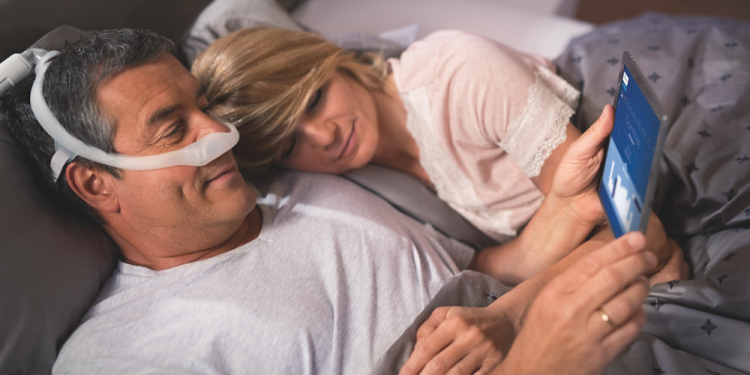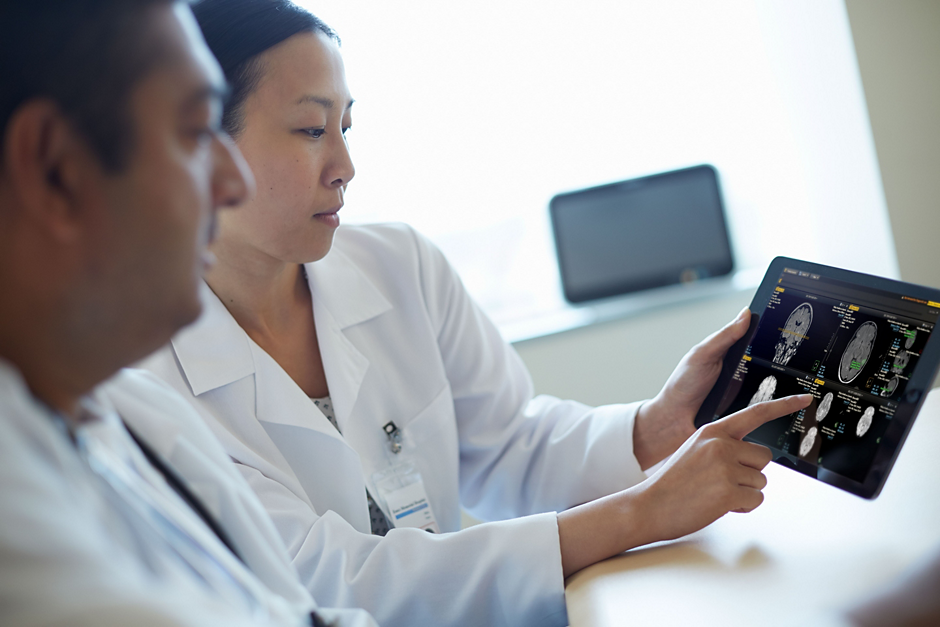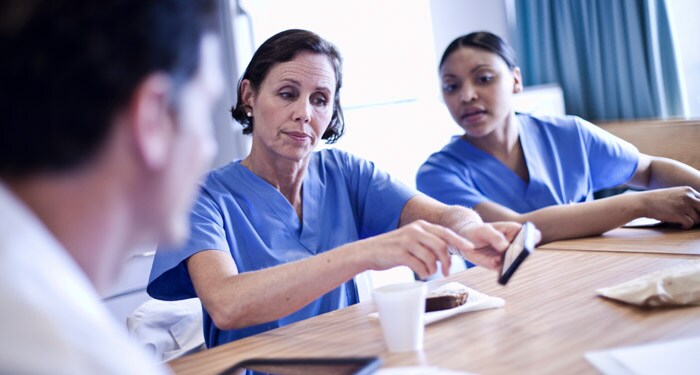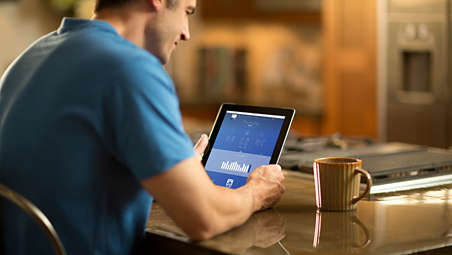Philips applies artificial intelligence (AI) to bring solutions to help health related issues, from healthy living and prevention to diagnosis, treatment and home care. This initiation comes after spending approximately EUR 1.8 billion on research and development for health technology.
“Globally, healthcare systems are facing various challenges… Against the background of these challenges, healthcare is also undergoing rapid digitalisation,” Philips mentions in their press release, “Recognising this, Philips has developed intelligent solutions using these data and information on hand to help healthcare providers achieve improved health outcomes at a lower cost, while providing better staff and patient experience.”
Here are three ways Philips is applying AI to address the challenges within healthcare industry:
Clinical informatics & decision support
Philips’ IntelliSpace Portal helps doctors and clinicians organise their workflow through an advanced visual analysis and quantification platform. The system uses machine learning to learn about a clinician’s workflow. It then automatically configures the system to apply the appropriate processing to specific types of studies to speed up their analysis.
The features include over 70 clinical applications for Cardiology, Oncology, Neurology, and Vascular, a data segregation mechanism, and advanced visualisation scalability. You can learn more information about the portal here.
Acute care
You can identify subtle signs of deterioration in a general floor patient’s condition with the IntelliVue Guardian System paired with Early Warning Scoring (EWS) aids. The solution can help automate many steps in routine vital signs taking on general wards, helps to increase compliance, and utilises tailored EWS protocols.
It can help you to reduce ICU transfers and readmissions and length of stay. Plus the system can be tailored to your hospital’s own escalation protocols. The IntelliVue Guardian also supports more than one scoring algorithm for a single patient at the same time so you can create early warning scores for specific clinical indications or long and short time windows at the same time.
Additionally, clinicians can download an app to be able to view patient vital signs, collected via devices like the wearable biosensor, and early warning scores. The app can help notify clinicians to signs of potential patient deterioration before an adverse event might occur, supporting them to more efficiently intervene and focus on patients that need attention right away. You can learn more about the system here.
Home care
DreamMapper gives patients insights to their own therapy data can give them access to tools like the ability to troubleshoot issues to common problems. It can also reduce the time clinical staff spends answering common questions, giving them more time to manage those patients who may need extra attention.
For the specifics of what type of patients found the web application more useful, DreamMapper is their “best sleep apnea engagement tool ever” according to Philips. 58.3% more people used their therapy every night when they used DreamMapper, and had a 283.3% higher success rate for users struggling with adherence to sleep therapy. You can find more information on the web application here and which therapy devices are compatible with DreamMapper here.
Philips also introduced a predictive analytics technology that helps prevent avoidable hospital admissions and emergency room visits among the frail and elderly called the Philips CareSage. As a doctor or caretaker, you can continue to offer service by monitoring your patients after they’ve moved home. You can learn about the system here.
“Over the next decade, smart systems will be able to aggregate information from multiple sources that currently remain trapped in silos. For example, each individual patient’s data will be pulled together from the systems that are used in his/her GP surgery, hospital or specialist center, such as different Electronic Medical Records, diagnostic and monitoring solutions,” wrote Philips.











